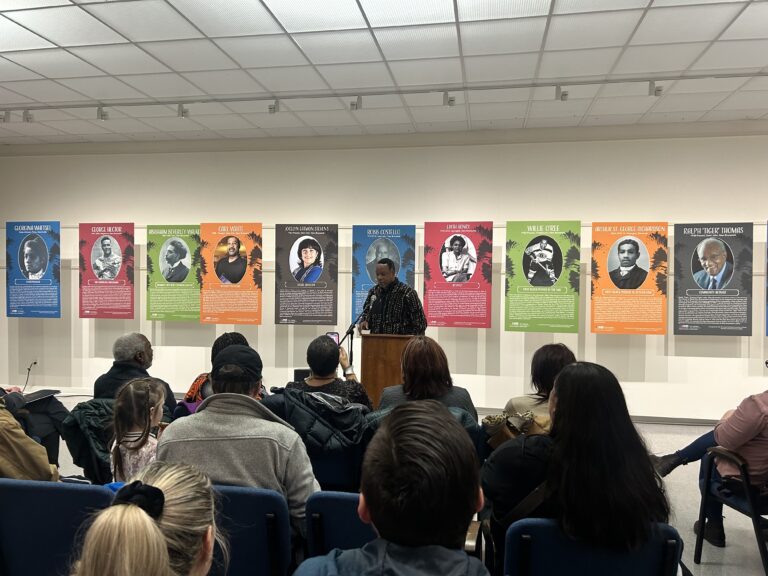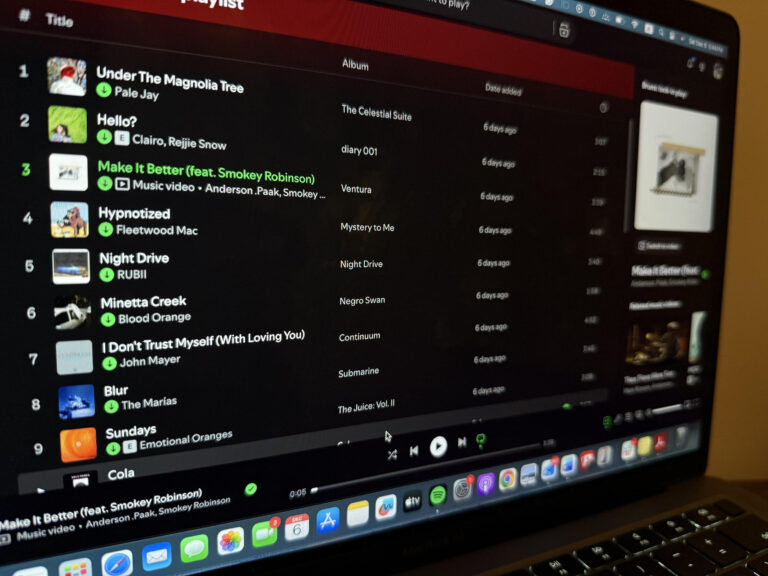By: David Bunce Throughout the COVID-19 pandemic, there have been various protests against government attempts to tackle the disease. These demonstrations have taken action against lockdown measures, mask mandates, and vaccine passports, among others. Some jurisdictions in Canada have ignored the protests while others have attempted to crack down on them. Many protestors believe their …
Will New Brunswick Crack Down On Anti-Vax Demonstrations?

By: David Bunce
Throughout the COVID-19 pandemic, there have been various protests against government attempts to tackle the disease.
These demonstrations have taken action against lockdown measures, mask mandates, and vaccine passports, among others. Some jurisdictions in Canada have ignored the protests while others have attempted to crack down on them.
Many protestors believe their section 2 Charter rights offer full protection of their ability to protest. Kerri Froc, a constitutional law professor at UNB, says not so fast.
Section 2 does protect the ability to protest, but there are ways for the government to curtail that right.
“If the state interferes with expression either directly through censorship or indirectly by making expression more difficult, then they have to justify that interference under section 1,” Froc explained.
Section 1 of the Charter allows limits to be placed on Charter rights so long as the government can justify the limit.
Outright bans on protests are difficult to justify, but provinces like Quebec are considering targeted bans.
After a wave of anti-vaccination protests outside of hospitals, Premier Legault is considering specific bans on protests outside hospitals and schools.
Professor Froc believes this legislation would be held up by the courts as there is already precedent for disallowing protests outside of certain locations.
“‘Bubble zone’ legislation that has protected staff and patients at abortion clinics has been upheld by courts,” said Froc. “Accordingly, so long as the legislation is drafted in a thoughtful way, I cannot see any constitutional difficulty with similar legislation relating to COVID and anti-vaccination protests.”
For Froc, the question is what reasons the government has for shutting down protests.
“The question for me would be whether the ban on protests is for public health reasons (e.g. these protests are shown to be vectors of contagion because people are not wearing masks) or for other reasons of public health and safety (e.g. protests outside hospitals are impeding health staff and people seeking treatment).”
These are legitimate reasons for stifling protests. Reasons such as convenience or preventing a public nuisance would not survive Charter scrutiny.
In all, the government will have substantial room to craft policy that balances the rights of individuals to express their opinion while also protecting public health.
“Expression is a fundamental freedom in Canada and legislatures and governments have to be careful in calibrating their response so that it doesn’t run roughshod over rights and leaves room for people to voice their dissent in a meaningful way.”

Keep in touch with our news & offers
Subscribe to Our Newsletter
Thank you for subscribing to the newsletter.
Oops. Something went wrong. Please try again later.






